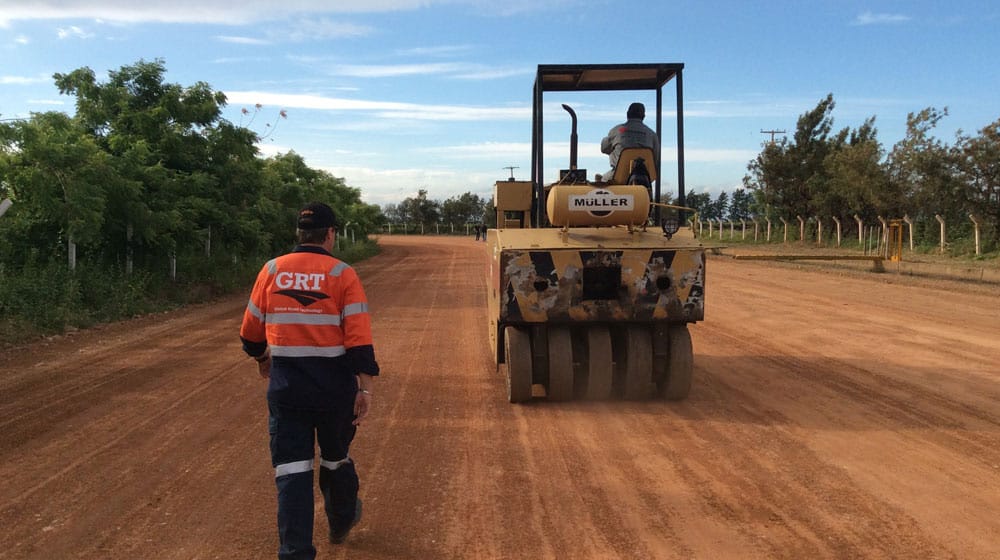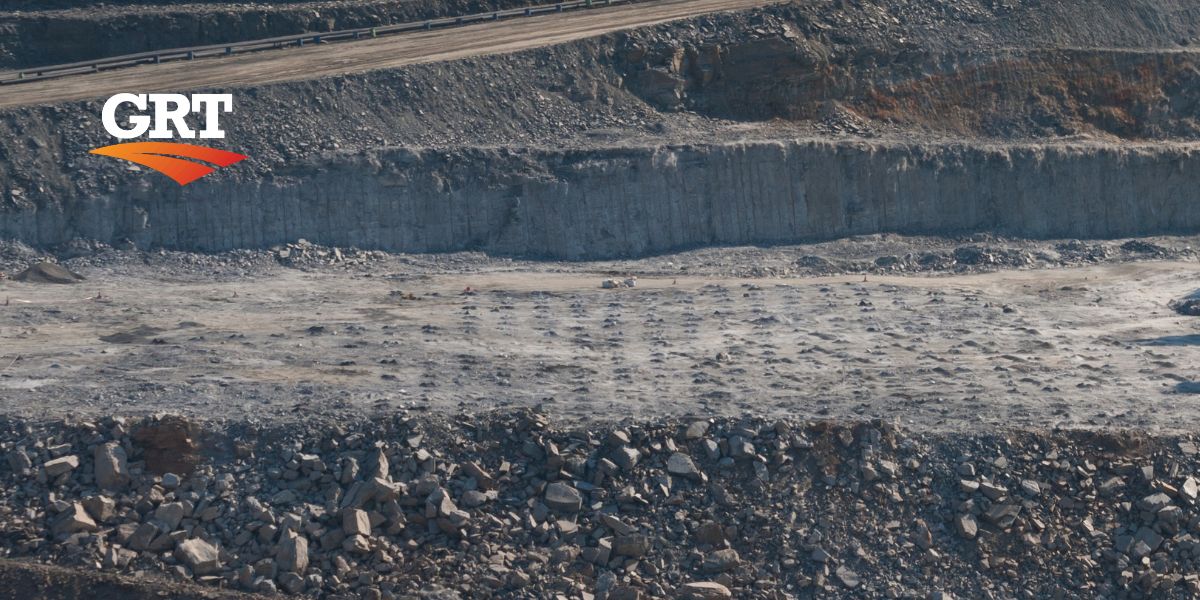Dust Control Products Reduces Companies Maintenance Costs – Dust generation is a large issue in case of unpaved roads. Almost 90 per cent of commercial roads in the world are unsurfaced or lightly surfaced, and additionally, there are haul roads with the same issue.
Most of the unpaved commercial roads are in rural and forest areas, but a significant part is in cities and towns as well. Besides the influence on health, traffic and work, dust generation effect is the loss of fines which further leads to degradation of the road surface in the form of ruts, potholes, and corrugations. These result in high maintenance costs for road departments and vehicles owners. For a moderate traffic volume road with around 500 ADT (average daily traffic), annually eight maintenances are needed. The periodic maintenance involves scarifying, blading and compacting the road surface in the presence of proper moisture rate. Therefore, the application of road dust control products has numerous benefits.
Water is the oldest among road dust control products and still most applied one. Its dust suppressing capacity is very temporary due to evaporation. Depending on local climate, several light applications should be performed instead of one heavy. This application technique prevents turning dust or fines into soft mud, washing away fines or even water penetrating the road to the subbase and causing major road failure.

Chloride compounds are hygroscopic road dust control products which can absorb larger quantities of water. Calcium chloride and magnesium chloride are mainly used. The chloride compounds attract and absorb moisture from the atmosphere and retain it for a longer period compared when just water used due to lower vapour pressure. The effectiveness of chlorides as road dust control products is changing not just during the year, but also during the day. These chemicals keep the road surface damp in the early morning when the relative humidity is higher and the temperature is low. At a lower relative humidity and higher temperature as is in the afternoons, they are not so effective. Chlorides are water soluble and thus can be washed away during wet weather conditions. They are vehicle-unfriendly due to corrosiveness.
Lignin derivatives include a variety of industrial waste products, animal fats and vegetable oils. Among these, the most commercialized is ligninsulfonate. This is wastewater from the paper-making industry. Lignin is a natural binder which binds wood fibres together. During the paper processing, the lignin polymers and wood sugars are released into processing wastewater. When used as road dust control products, lignin polymers glue the soil particles together. Ligninsulfonate is not suitable for regions with wet weather due to water solubility.
Are environmental regulations, health and safety concerns or potential profit loss a concern right now?
Global Road Technology’s road dust control products are formulated with environment-friendly and non-corrosive biopolymers and surfactants. They act through binding soil or aggregate particles together, strengthening the soil/aggregate matrix and thus providing dust control and stable surface. In addition, water resistance is added to the treated soil. GRT suppressants are suitable for all soil types no matter of chemical content or particle sizes. Applications are quick without road closures. GRT road dust control products provide stable road conditions and thus significantly less rutting. Less rutting leads to improved road safety and lower maintenance costs for vehicles. When compared to mostly used method, watering, a case study performed on a commercial road showed that application of GRT road dust control products resulted in overall savings of around 29% over two years, 36% over three years and 46% over ten years. These analyses were independently performed by Deloitte Touche Tohmatsu Limited.
For more information regarding Global Road Technology or road dust control products please contact us

